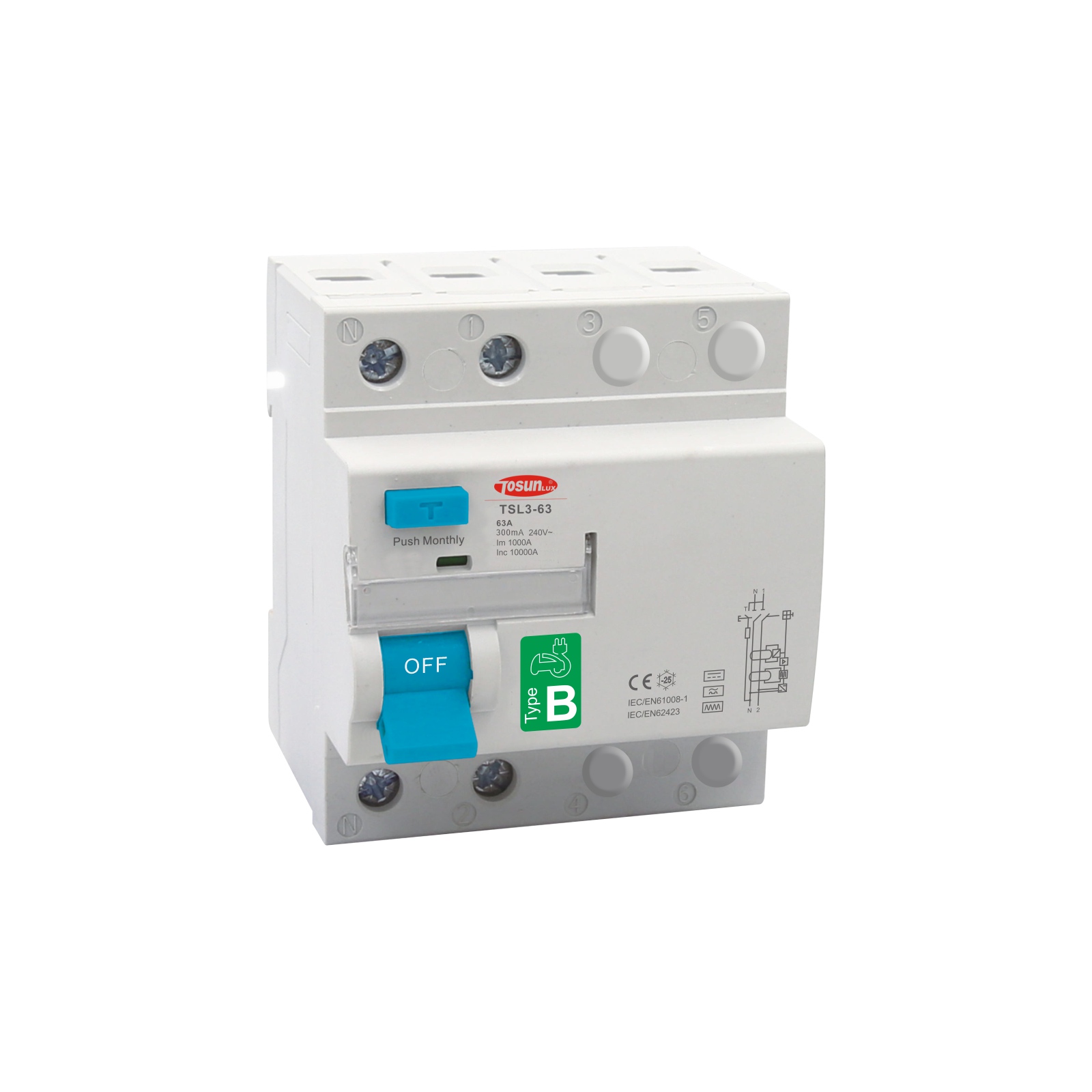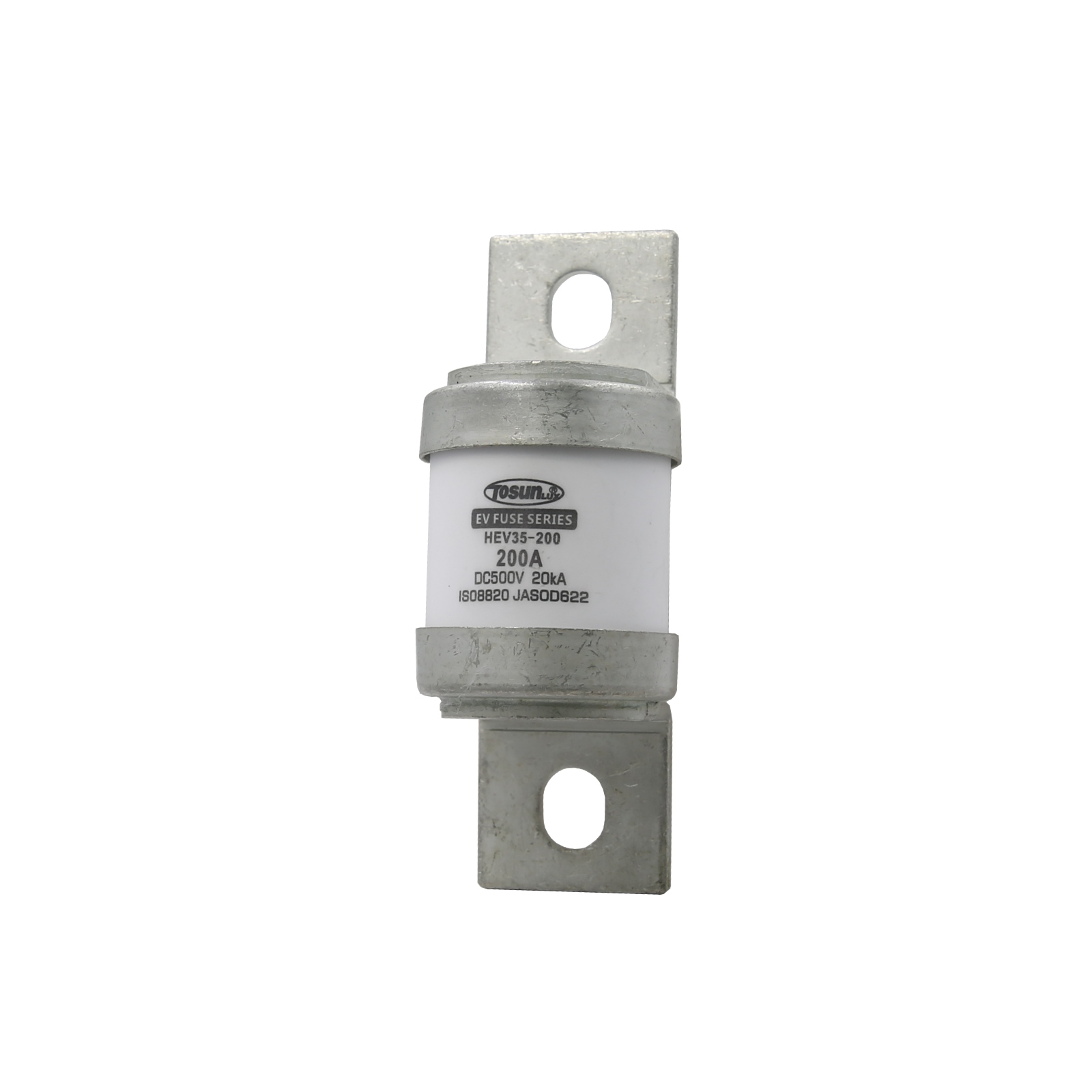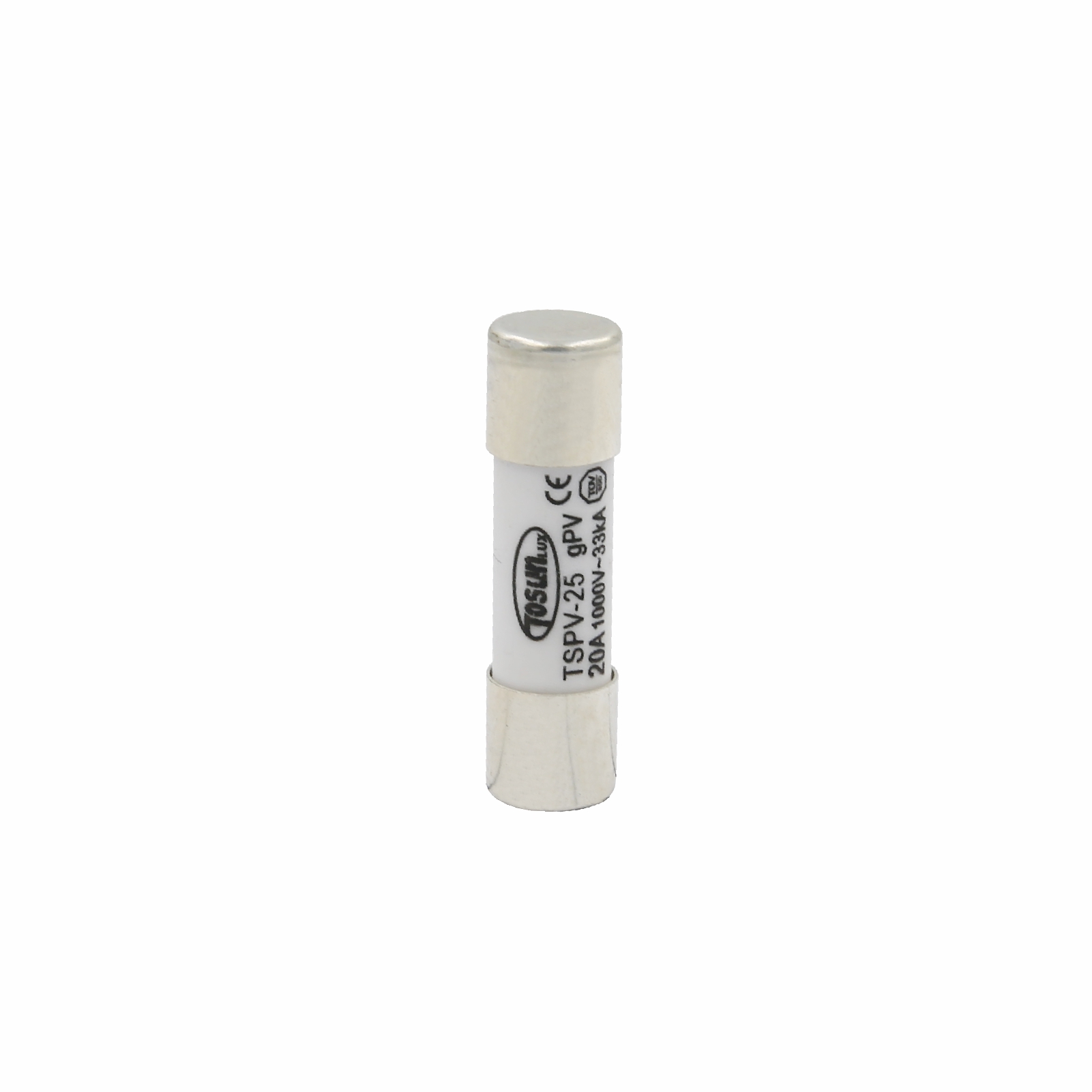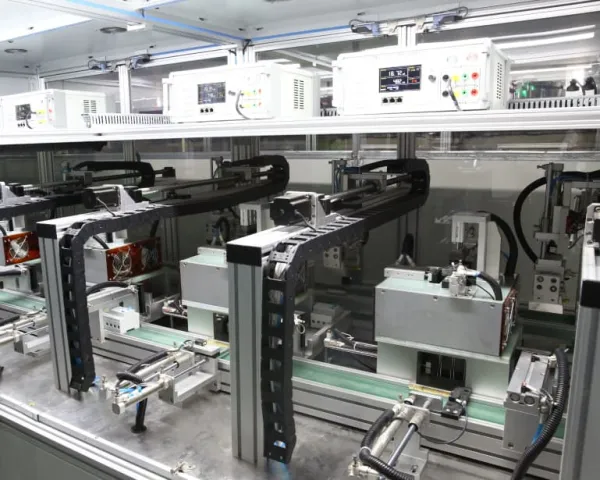Why Do We Use AC Instead of DC In Households?
Table of Contents
ToggleElectricity powers many of the devices we rely on every day. The historical adoption of AC motors played a crucial role in the competition between alternating current and direct current systems in the late 1800s. However, the electricity used in households is mainly alternating current (AC), while other systems like batteries and some electronic devices use direct current (DC). This article explains why AC is preferred over DC for household use and explores the differences between the two.

What is Alternating Current (AC)?
Alternating current (AC) is a type of electricity where the direction of the flow of electrons alternates. An AC waveform, specifically a sine wave, is characterized by its amplitude, frequency, and phase. This means that the electric charge changes direction periodically, making it different from direct current (DC). AC is used in homes because it’s more efficient for long-distance transmission. AC can be transformed to higher or lower voltages, which is essential for delivering power over long distances without significant energy loss.
What is Direct Current (DC)?
Direct current (DC) flows in one direction, providing a steady and constant stream of electric charge. Devices such as batteries, solar panels, and most electronic devices use DC. Unlike AC, which alternates direction, DC provides a consistent current that is useful for applications where stable voltage is necessary, such as in charging batteries or running electronic circuits.

Why Do We Use AC But Not DC In Households?
1. Efficiency for Long-Distance Transmission
One of the main reasons AC is used for household power is its efficiency in transmitting electricity over long distances. AC voltage can be easily transformed from high to low using transformers, which helps minimize energy loss during transmission. For this reason, power companies use high-voltage AC for long-distance power lines, reducing the cost and improving the reliability of the electricity supply.
2. Cost-Effective Infrastructure
The infrastructure required to transmit and distribute AC electricity is simpler and more affordable than that for DC. AC power can be easily converted to different voltages, making it adaptable for different applications, from powering homes to industrial use. On the other hand, converting DC power to different voltages requires more complex and costly systems.
3. Safety and Practicality
AC is safer for use in homes because its voltage can be stepped down easily to lower levels for everyday appliances. The negative half cycle of AC can cancel out the positive half cycle, reducing the risk of potential damage and making it safer for use in homes. While DC can be more dangerous in direct contact (as it does not reverse direction), AC’s alternating nature makes it easier to interrupt and safer when used in power distribution systems.

AC vs. DC: Key Differences
| Property | Alternating Current (AC) | Direct Current (DC) | High Voltage Direct Current (HVDC) |
|---|---|---|---|
| Flow Direction | Alternates direction periodically | Flows in one direction only | Flows in one direction only |
| Transmission Efficiency | More efficient for long-distance transmission | Less efficient for long distances | Highly efficient for long-distance transmission |
| Voltage Adjustment | Easily adjustable via transformers | Requires complex systems to change voltage | Requires complex systems but allows connection of different AC systems |
| Safety | Can be dangerous at high voltages but is easier to control | More dangerous, especially at high voltages | More stable and controlled at high voltages |
| Common Usage | Household and industrial power, electric grids | Batteries, electronics, solar systems | Long-distance electricity transmission, connecting different AC systems |
Request a Free Quote for Our Low Voltage Products!
Why AC Motors are Preferred for Household Use
AC is used in homes for several reasons:
- Easier Voltage Transformation: One of AC’s biggest advantages is its ability to easily change voltages using transformers. High-voltage AC is more efficient for transmitting electricity over long distances, while low-voltage AC is suitable for household devices.
- Cost-Effectiveness: The generation and transmission of AC is more economical. Power stations can generate AC at a high voltage, and transformers can step down the voltage for domestic use. This reduces energy loss and makes the system cost-effective.
- Safety and Convenience: AC is easier to distribute safely across long distances. Additionally, electrical appliances are designed to operate on AC, making it a more convenient option for home power.
AC Voltage: A Better Choice for Households
AC voltage stands out as the preferred choice for household electricity due to its remarkable efficiency, safety, and practicality. One of the primary reasons for this preference is AC’s superior efficiency in transmitting electricity over long distances. Unlike DC power, AC voltage can be easily transformed from high to low using transformers, significantly minimizing energy loss during transmission. This capability not only reduces costs but also enhances the reliability of the electricity supply, ensuring that homes receive a consistent and dependable flow of power.
Safety is another critical factor that makes AC voltage more suitable for household use. AC’s voltage can be effortlessly stepped down to lower levels, making it safer for everyday appliances. In contrast, DC power can be more hazardous in direct contact because it does not reverse direction. The alternating nature of AC makes it easier to interrupt, adding an extra layer of safety when used in power distribution systems.
Moreover, AC is more practical for general household power needs. The infrastructure for AC systems is simpler and more cost-effective, making it the go-to choice for powering homes. This practicality extends to the ease with which AC can be adapted for various applications, from lighting to powering electric motors and other household devices.

What Happens if You Use AC on DC
When AC power is used on a device intended for DC power, several issues can arise. Firstly, AC voltage alternates direction periodically, while DC voltage flows in a single direction. This fundamental difference can cause the device to malfunction or become damaged, as DC devices are not designed to handle the alternating nature of AC power. For example, using AC on a DC motor may result in erratic operation or even failure, as the motor relies on a steady, unidirectional flow of current to function properly.
Additionally, the internal components of DC devices, such as capacitors and diodes, may not be able to withstand the rapid changes in voltage and current that come with AC power. This can lead to overheating, short circuits, or permanent damage. Furthermore, using AC on devices like batteries can cause them to overheat or leak, as they are specifically designed to store and release DC power.
In summary, using AC power on DC devices is generally unsafe and can result in damage to the device.
FAQs About AC and DC Power
1. What is the main difference between AC and DC?
AC alternates its direction periodically, while DC flows in one direction only.
2. Why do homes use AC instead of DC?
AC is more efficient for long-distance transmission, easier to transform voltages, and cost-effective for large-scale distribution.
3. Is DC power more dangerous than AC?
While both can be dangerous at high voltages, DC is typically more hazardous due to its continuous flow, making it harder to interrupt or control.
4. Can DC be used in households?
DC is used in certain household applications like battery-powered devices and solar systems, but AC is more practical for general household power needs.
5. What devices use DC power?
DC is used in devices like laptops, mobile phones, and solar panels.
Conclusion
AC continues to be the standard for household electricity because of its transmission efficiency, ease of voltage conversion, and cost-effectiveness. While DC is essential for certain applications, particularly in electronics and renewable energy, AC remains the backbone of residential and industrial power systems.
For more in-depth information about the use of AC circuit breakers in DC circuits, visit our blog on using AC circuit breakers in DC circuits.
🔎 Recommended Reading Related to AC vs DC
AC vs DC Isolator Switch
Understand the structural and functional differences between AC and DC isolator switches, and their typical applications.
Single Phase vs Three Phase Electricity
Learn the key differences between single-phase and three-phase power and why most homes use single-phase AC.
What Are Low Voltage Systems?
Discover the role of low voltage AC systems in residential applications and their safety and efficiency advantages.
Tel: +86-577-88671000
E-mail: ceo@tosun.com
Skype: tosunelectric
Wechat: +86-139 6881 9286
WhatsApp: +86-139 0587 7291
Address: Room No.1001 Wenzhou Fortune Center,Station Road, Wenzhou, China
REQUEST A QUOTE
WhatsApp us
 : +86-139 0587 7291
: +86-139 0587 7291 English
English Español
Español Русский
Русский Français
Français العربية
العربية Português do Brasil
Português do Brasil Українська
Українська Türkçe
Türkçe Polski
Polski Nederlands
Nederlands Italiano
Italiano Bahasa Indonesia
Bahasa Indonesia हिन्दी
हिन्दी اردو
اردو አማርኛ
አማርኛ Հայերեն
Հայերեն ไทย
ไทย Монгол
Монгол فارسی
فارسی Shqip
Shqip Ελληνικά
Ελληνικά



